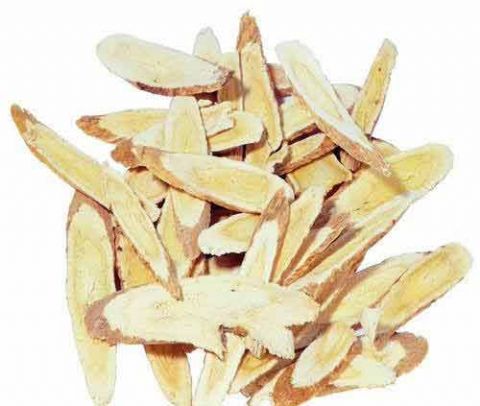Licorice, also known as honeygrass, is named after its sweet taste, and it also has the name “Lingcao†and “Guoguoâ€. As early as around 200 BC, our country already had records of using licorice. The use of licorice by the ancient physicians was even more extensive. Until modern times, licorice was still a common Chinese medicine. Traditional Chinese medicine believes that licorice is sweet, flat, heart, lung, spleen, and stomach. You can drive the cold and heat of evil organs, strong bones, long muscles, times of strength, detoxification, Jiufu light body extended. Licorice is used to purging and burning, and it is used to spread cold, to soothe sore throat, remove evil heat, ease righteousness, raise yin and blood, make up spleen and stomach, and moisten the lungs. After using licorice preserves, you can make up for it.

Licorice side effects:
It is believed that the side effects of licorice are caused by excessive intake. Some of these impacts include:
Glycyrrhizic acid in licorice extract can cause a disease called pseudohyperaldosteronism, which is characterized by excessive levels of hormones called aldosterone in the body. Under normal circumstances, this hormone helps to balance the levels of potassium and sodium in the body. Excessive levels of this hormone impede the excretion of sodium and lead to the excretion of potassium from the urine, resulting in increased blood pressure and muscle damage. Loss of potassium can cause abnormal heart and muscle function. It also leads to water retention and edema.
According to the report of the European Union in 2008, excessive use of licorice can cause high blood pressure, muscle weakness, chronic fatigue, headaches, swelling, and lower testosterone levels in men.
People also believe that excessive use of licorice by pregnant women can cause massive bleeding and even lead to premature birth.
There are also reports that long-term use of licorice can cause side effects such as an increase in body weight.
People with high blood pressure, obesity, diabetes, kidney disease, heart disease, or liver and menstrual problems should avoid taking licorice. Pregnant and lactating women, as well as men with sexual dysfunction should also avoid this herb. People who are using angiotensin inhibitors and diuretic drugs (such as aspirin, digoxin, corticosteroids, insulin, oral contraceptives, and laxatives) should also avoid using licorice.
Although people think that it is harmless to consume candy containing licorice extract, excessive consumption can also produce side effects. Therefore, in order to ensure your own health, it is best to consult a doctor before using licorice products and health supplements.